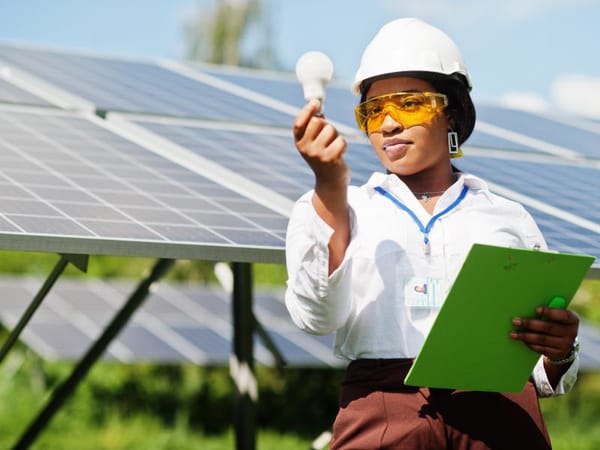Physical Address
4 Elgon Terrace, Kololo, Kampala, Uganda
Physical Address
4 Elgon Terrace, Kololo, Kampala, Uganda

Africa’s AI sector is increasingly exploring ways to balance innovation with sustainability. While direct reports of AI startups explicitly power-modeling on renewable energy are still emerging, several African AI startups are integrating energy efficiency and clean-energy principles into their research and operations.
One key example comes from Zimbabwe-based startup NeedEnergy, which recently raised US$1.1 million to develop virtual power plants and smart systems that profile energy usage, forecast demand, and optimize distributed power generation across microgrids. The startup’s work shows how AI can help reduce waste and carbon emissions, especially in regions where energy supply is unreliable.
Another initiative is Widebot AI, which though focused on language and enterprise solutions, has spoken publicly about optimizing its infrastructure to reduce data center energy use, including using lower-power modes and moving toward sustainable cloud providers.
These moves align with broader trends: as AI compute becomes more power-hungry, sustainability becomes a competitive edge. Startups and labs are under pressure to make models leaner, reduce energy overuse, and explore renewable energy sources or greener cloud infrastructure.
Africa’s climate vulnerability makes sustainable practices not just desirable but necessary.
Data centers, training large models, and running AI workloads can generate large carbon emissions unless mitigated.
For AI to scale responsibly in Africa, balancing computing needs with clean energy usage is essential.
While clean-energy powered AI is not yet pervasive in Africa, examples like NeedEnergy point toward a future where AI innovation includes environmental consciousness. As more investors and policymakers emphasize ESG (Environmental, Social, Governance) criteria, we’re likely to see this blend of AI and clean energy gain momentum.